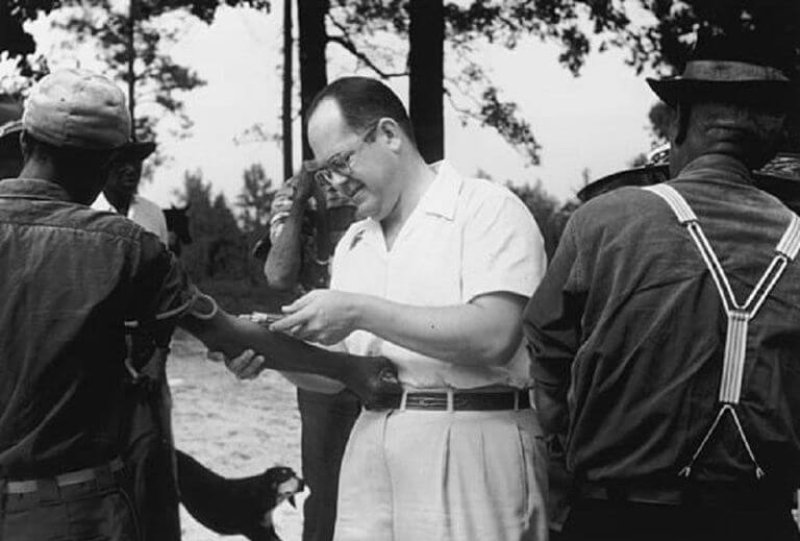Podcast: Play in new window | Download
Subscribe: RSS
Join geneticist Kevin Folta and GLP editor Cameron English on this episode of Science Facts and Fallacies as they break down these latest news stories:
Vaccine skeptics are typically dismissed as conspiracy theorists and science deniers. But some Americans are understandably wary, especially marginalized groups who have been “misled, mistreated and misunderstood at the hands of ‘science,'” argue Dope Labs podcast hosts Zakiya Whatley and Titilayo Shodiya. This analysis presents a difficult challenge to educators: How do they promote science-based thinking to groups of people who feel that science has left them behind?
Thanks to genetic engineering, scientists can “train” fungi to produce the whey protein from cows that gives ice cream its distinct qualities. This novel dessert could deepen the public’s trust in biotechnology, but is the nascent lab-based food industry selling its products with misleading claims about animal agriculture?
Plant-based burgers have been a global success thus far, attracting millions of consumers who have little interest in veganism or plant-based diets more generally. The meat industry has fearfully responded by lobbying governments to restrict how these beef alternatives can be marketed to the public, claiming that words like “burger” and “meat” should be reserved for products made from animals, lest the public be misled about what they’re eating.
European regulators found these arguments lacking, while simultaneously decreeing that non-dairy yogurt and cheese substitutes couldn’t be marketed as dairy alternatives. How do we make sense of seemingly arbitrary food-labeling regulations?
Subscribe to the Science Facts and Fallacies Podcast on iTunes and Spotify.
Kevin M. Folta is a professor in the Horticultural Sciences Department at the University of Florida. Follow Professor Folta on Twitter @kevinfolta
Cameron J. English is the GLP’s managing editor. BIO. Follow him on Twitter @camjenglish































